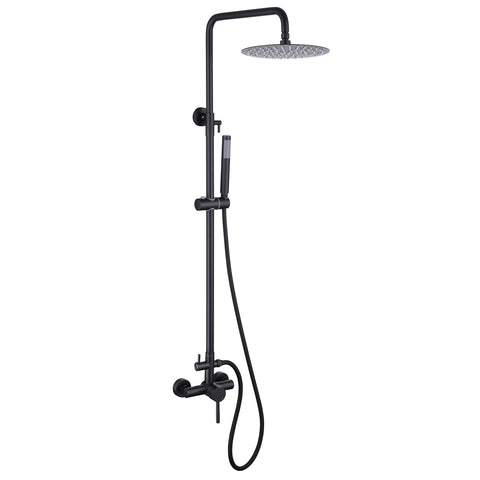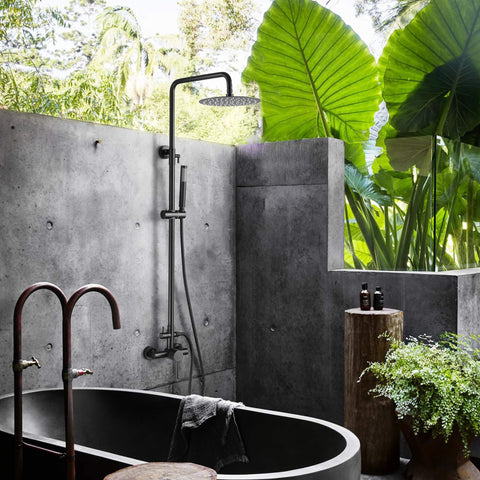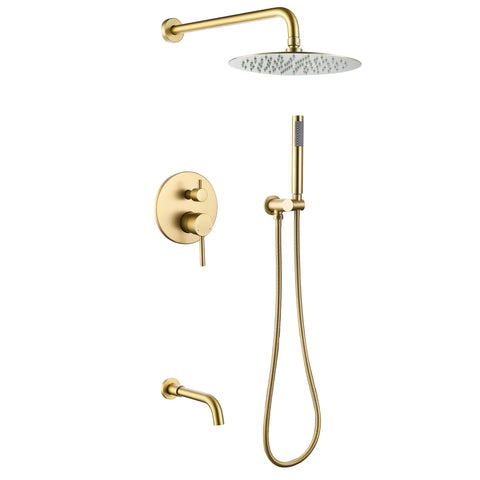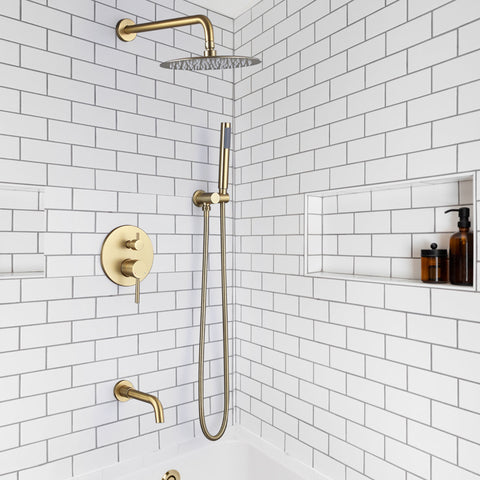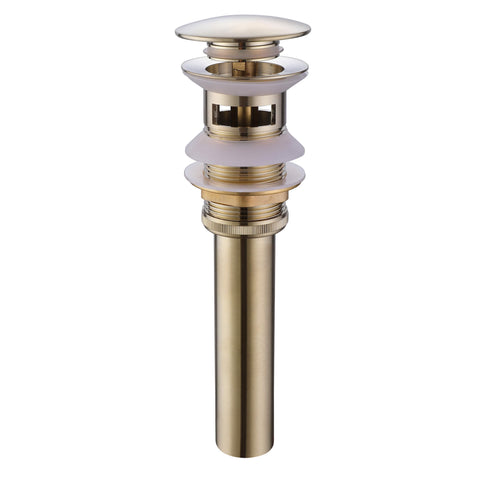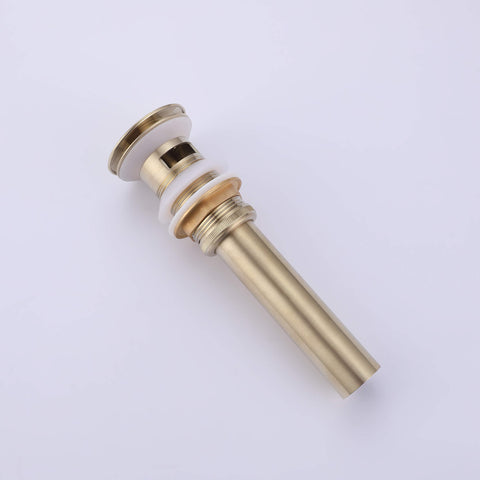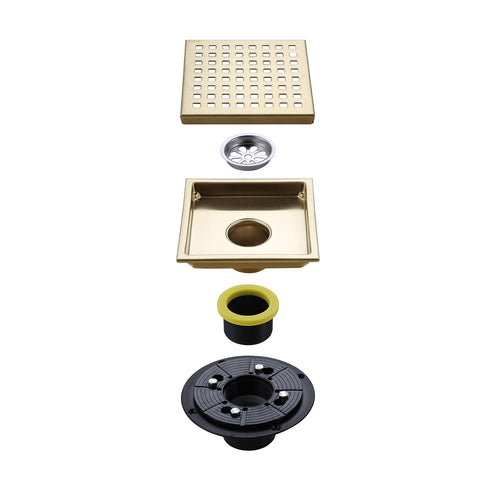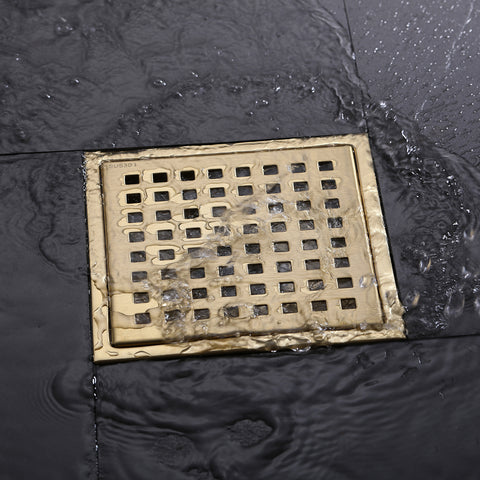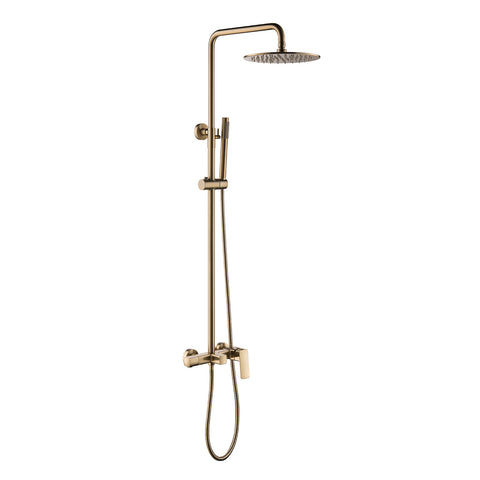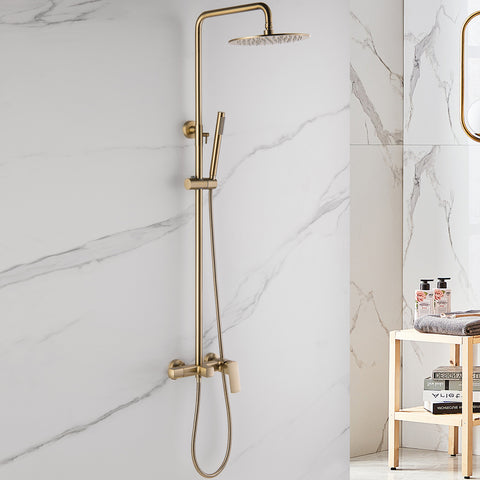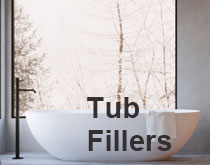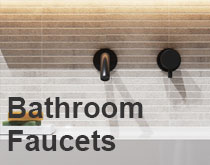Understanding Water Hammer: Causes, Effects, and Effective Solutions
Water hammer is a common plumbing issue that often goes unnoticed until it becomes a significant problem. If you've ever heard a loud banging noise when you turn off a faucet or noticed your pipes making strange sounds, you may be experiencing water hammer. In this blog post, we will delve into what water hammer is, its causes, effects, and most importantly, how to prevent and stop it from wreaking havoc on your plumbing system.

What is Water Hammer?
Water hammer, also known as hydraulic shock, is a phenomenon that occurs when a sudden change in the flow of water within a plumbing system results in pressure fluctuations and shockwaves. This can lead to loud banging or knocking noises in your pipes, and over time, it can cause damage to pipes, joints, and fixtures.

Causes of Water Hammer
- Quick Valve Closures: Abruptly closed valves—like faucets, washing machines, or dishwashers—stop water flow instantly, sending shockwaves through pipes.
- High Water Velocity: Fast-moving water, often in oversized or poorly regulated systems, amplifies pressure surges.
- Long Pipe Lengths: Longer pipe runs allow more buildup of pressure momentum, intensifying the hydraulic shock effect.

Effects of Water Hammer
- Noise Pollution: Loud banging or knocking in your pipes that disturbs your household and signals deeper issues.
- Pipe Damage: Repeated stress can lead to weakened joints, leaks, or even pipe bursts—causing extensive water damage.
- Appliance Wear and Tear: Appliances connected to the plumbing system may deteriorate faster, requiring more frequent repairs or replacements.

Preventing and Mitigating Water Hammer
- Install Water Hammer Arrestors: These devices absorb shockwaves at key points and are one of the most effective long-term solutions.
- Adjust Water Pressure: Install a pressure reducing valve (PRV) if your home’s water pressure exceeds recommended levels (typically 60 psi).
- Slow Valve Closure: Avoid slamming valves shut—close faucets and appliances gradually to lessen water momentum.
- Install Air Chambers: Vertical pipe extensions filled with air act as cushions to absorb hydraulic shock. Ensure they remain filled and clean.

Conclusion
Water hammer might start as an annoying noise, but if left unchecked, it can lead to severe damage to your plumbing system and property. Understanding its causes, effects, and taking preventive measures such as installing water hammer arrestors, adjusting water pressure, and using air chambers can help you put an end to this troublesome plumbing issue.
By taking proactive steps, you can enjoy a quiet and well-maintained plumbing system for years to come.
